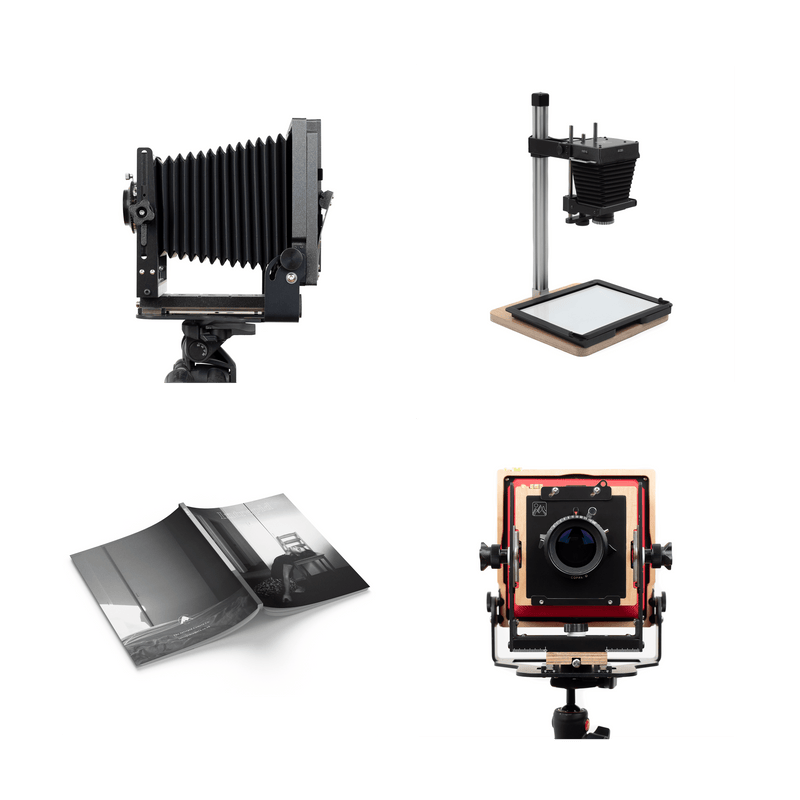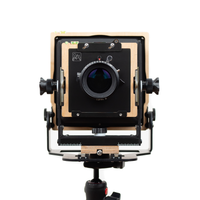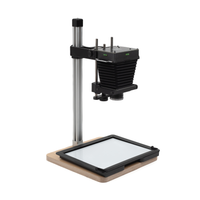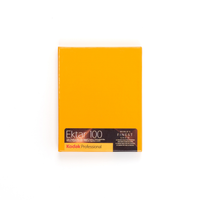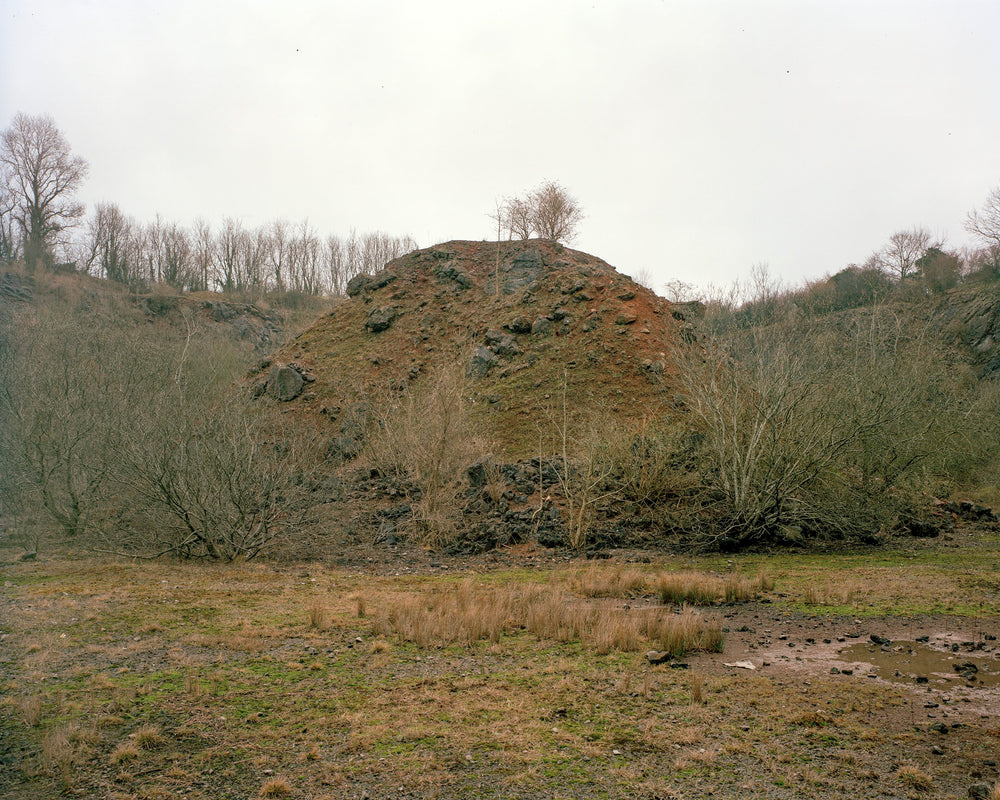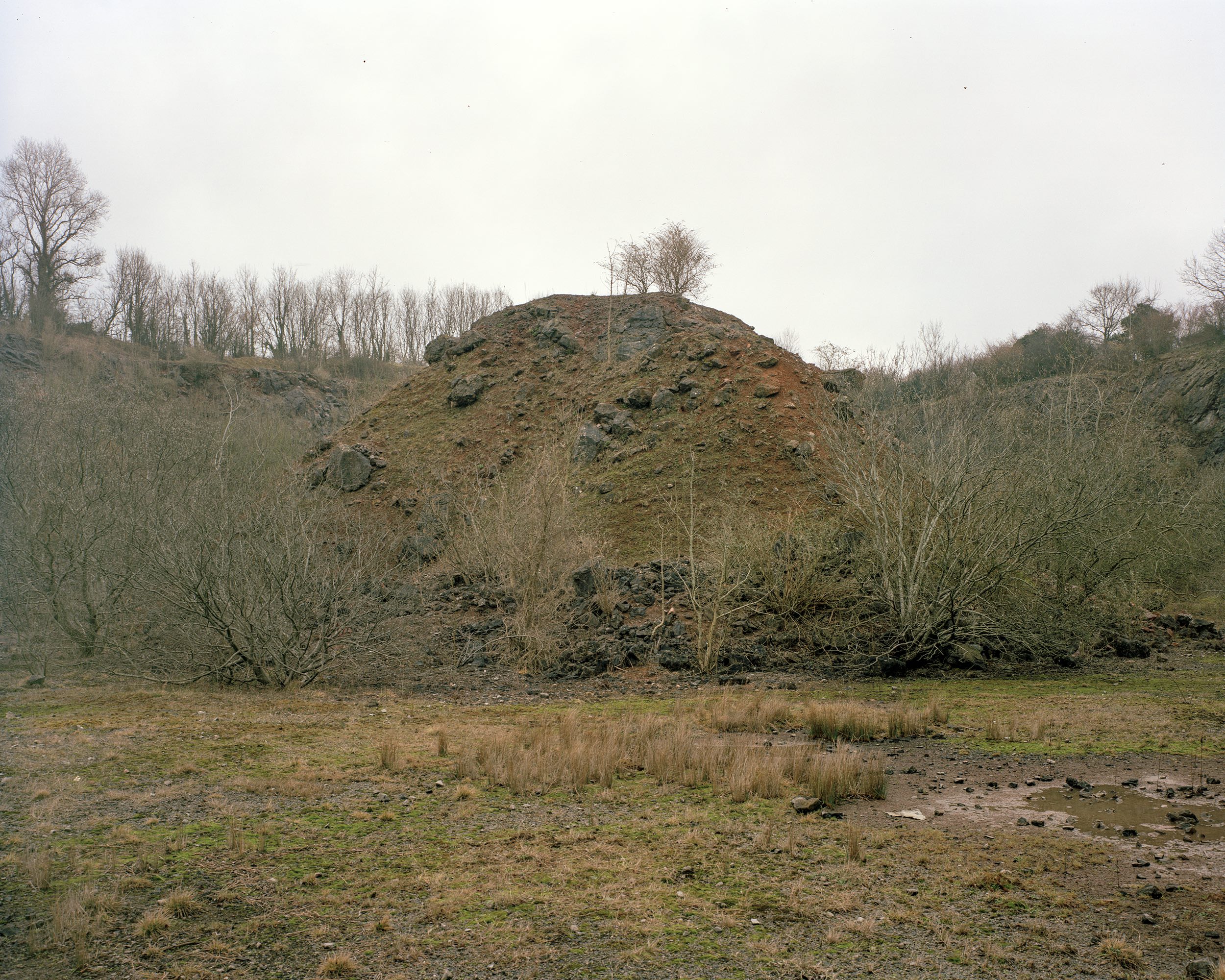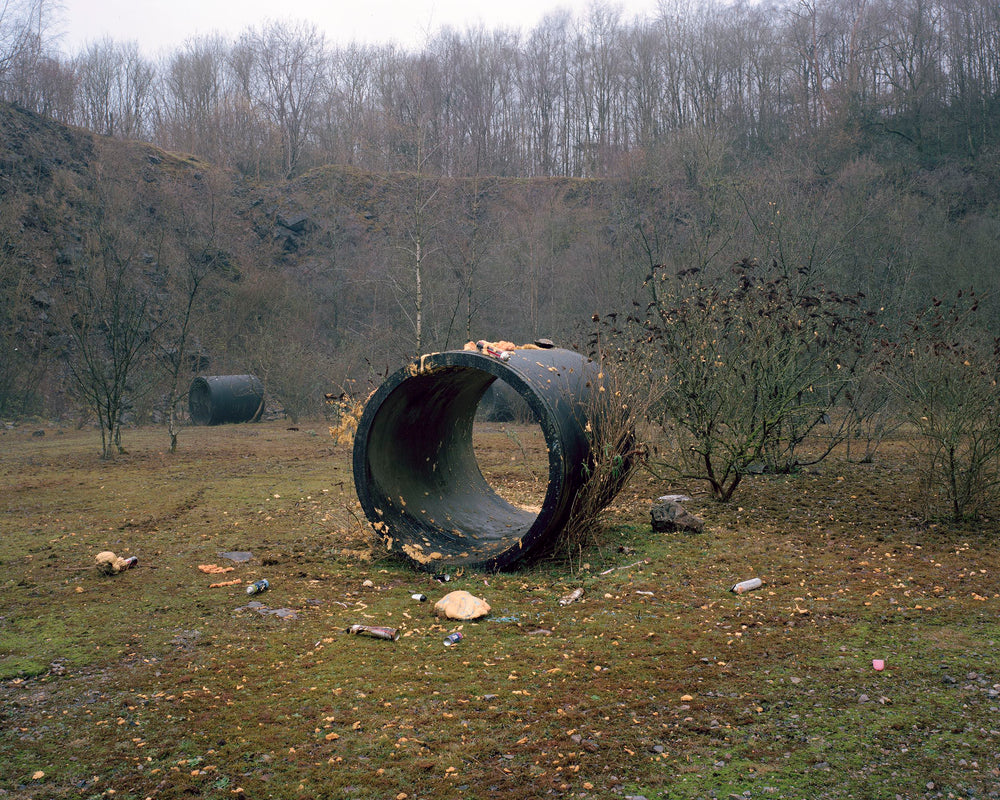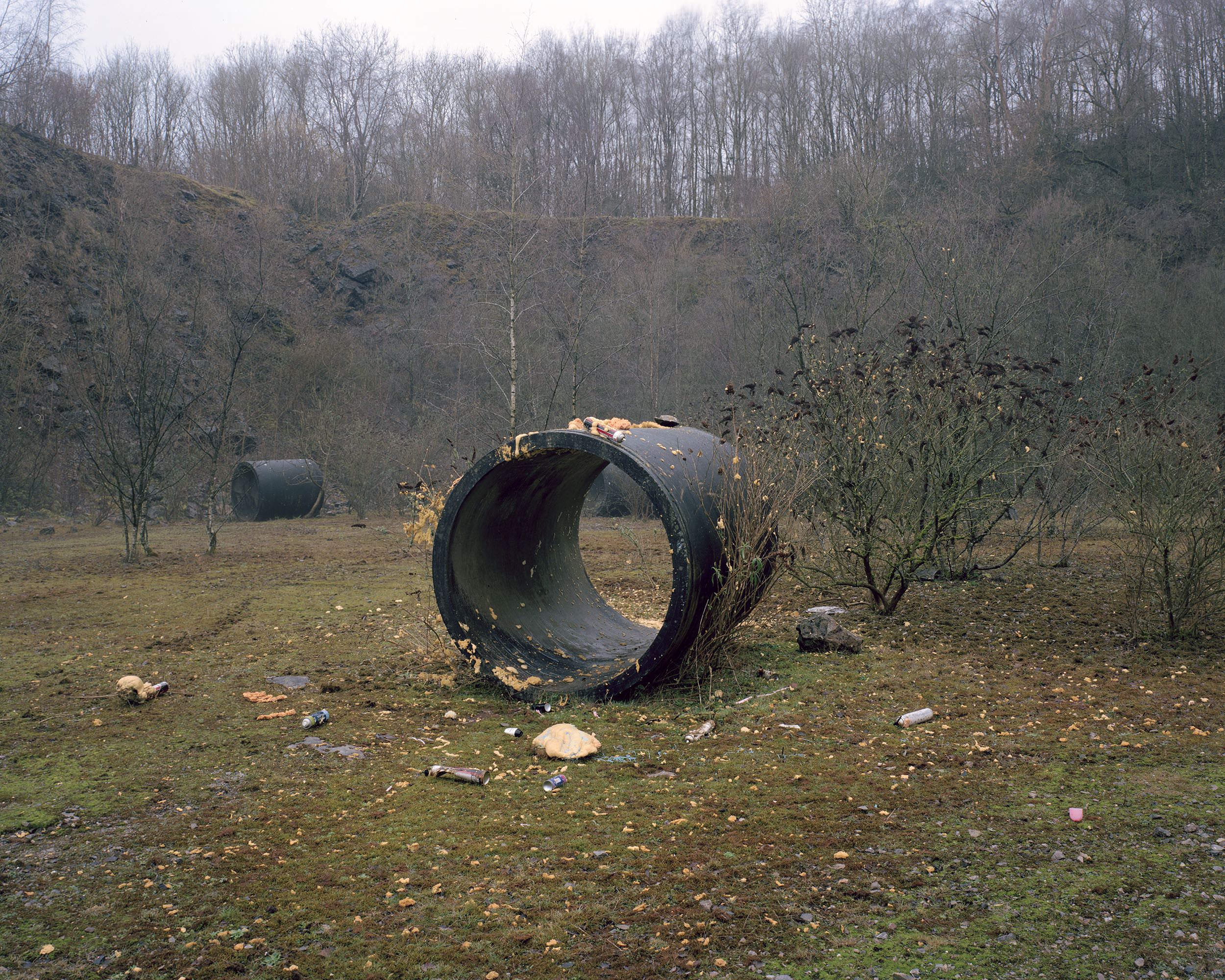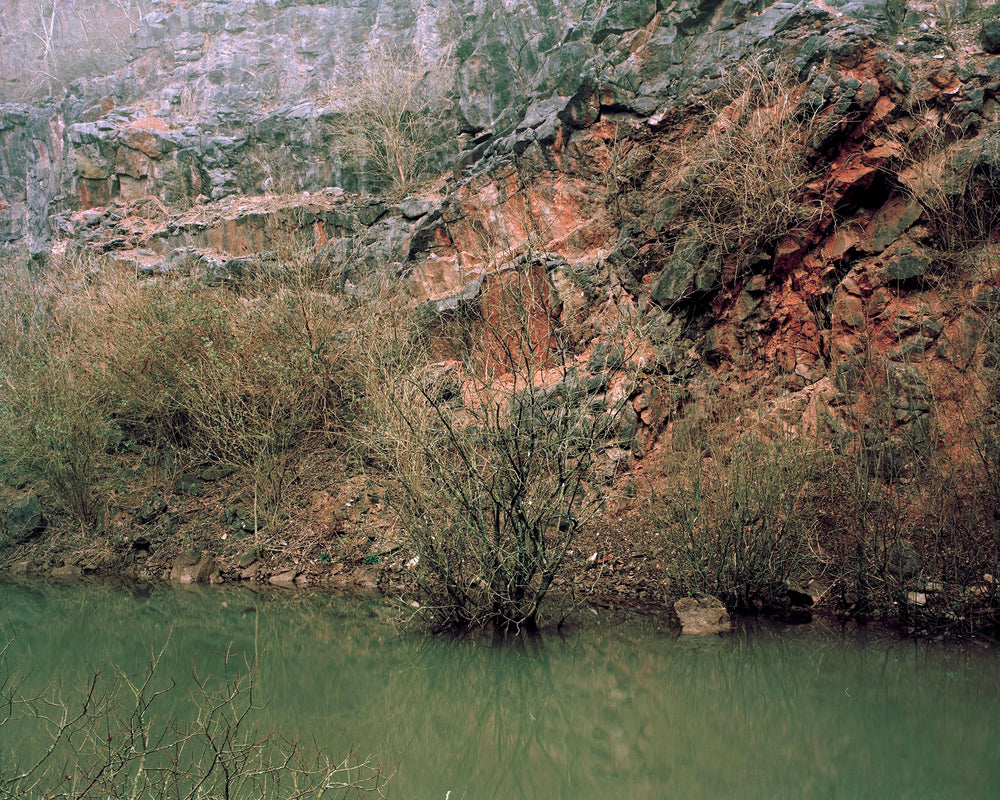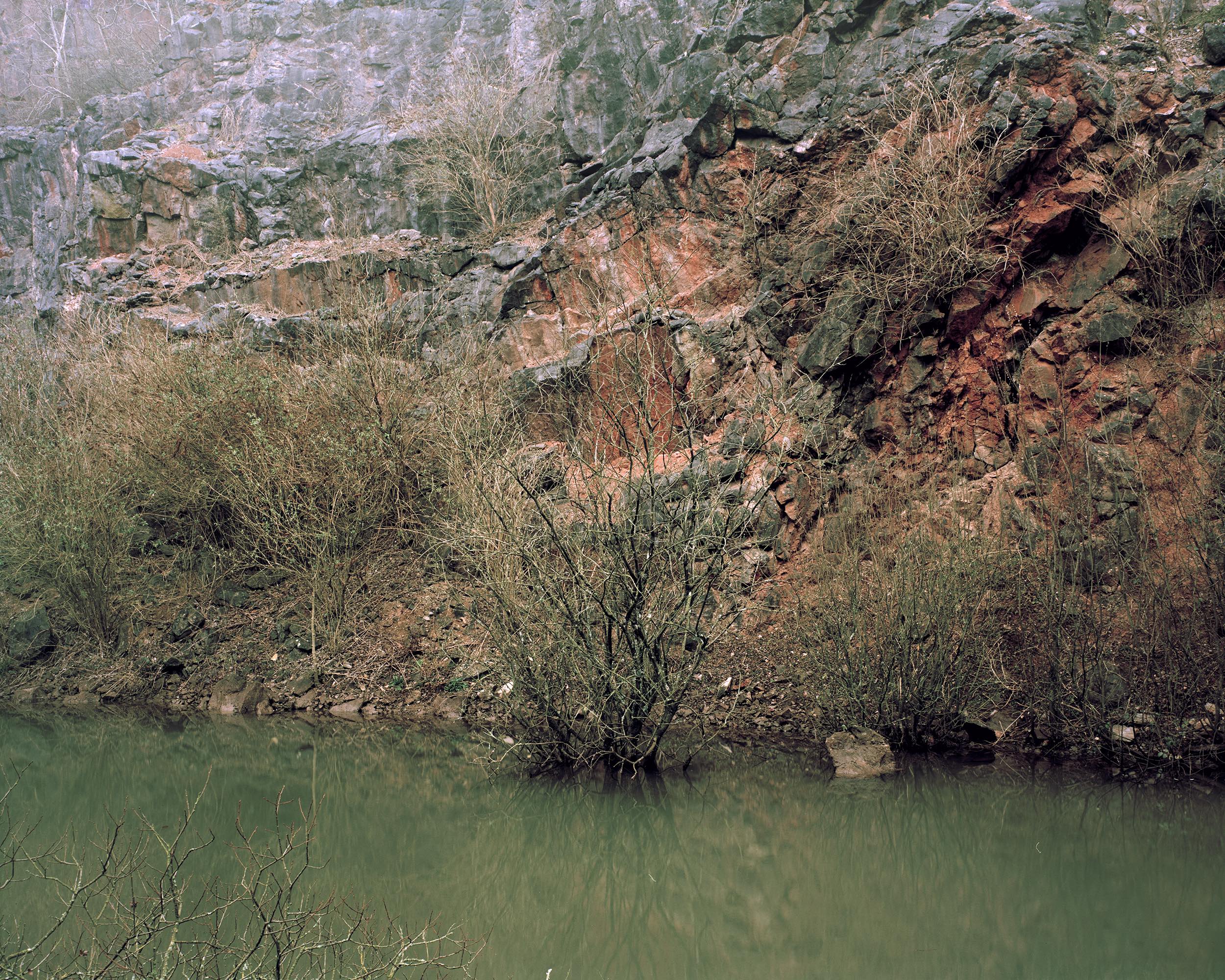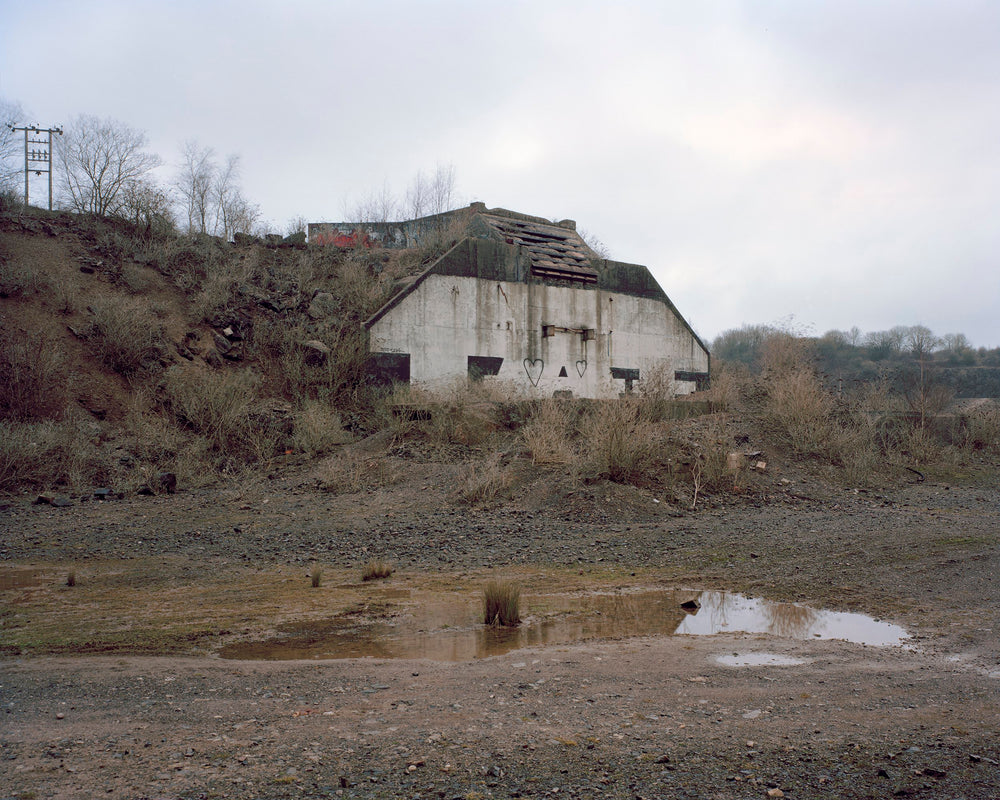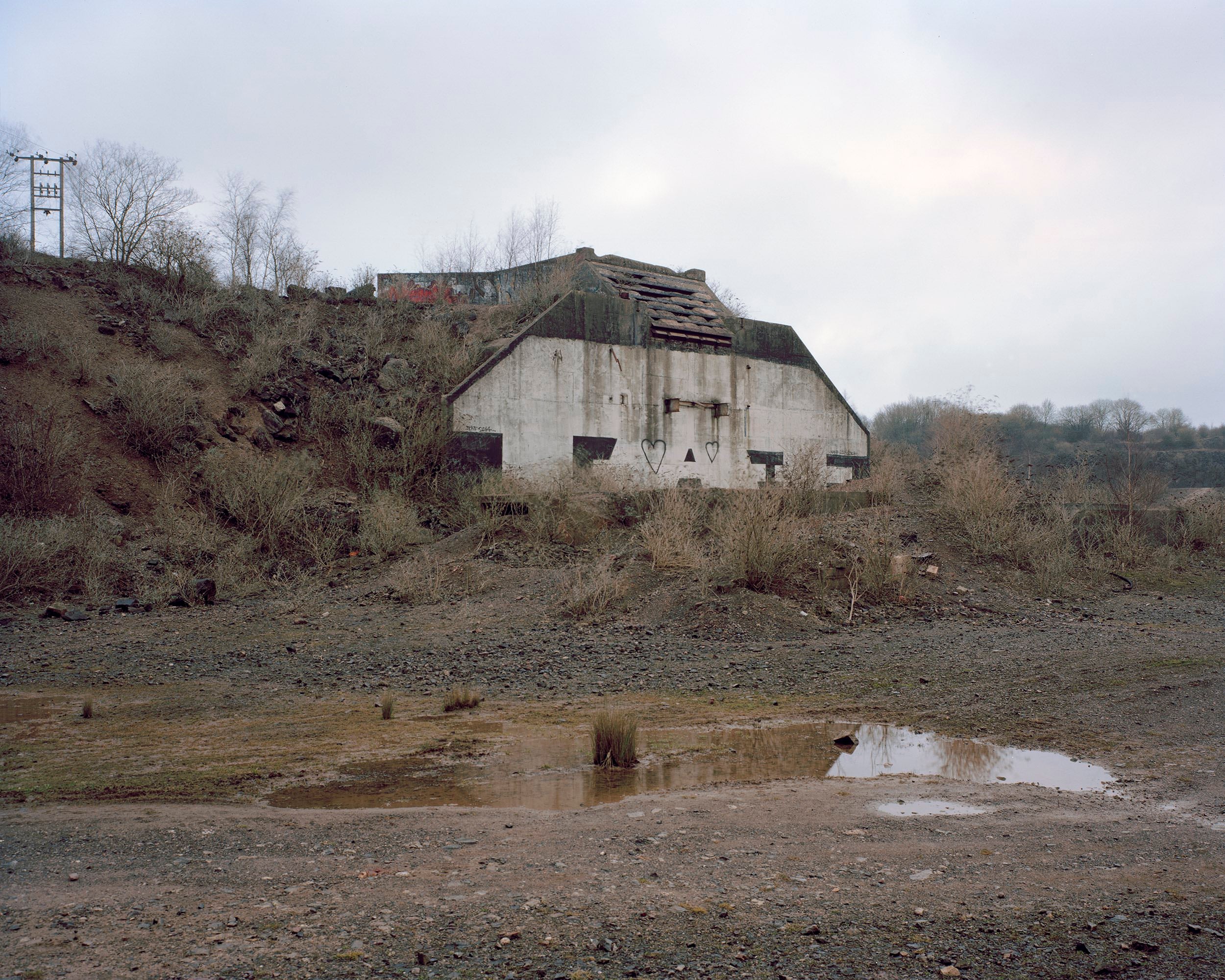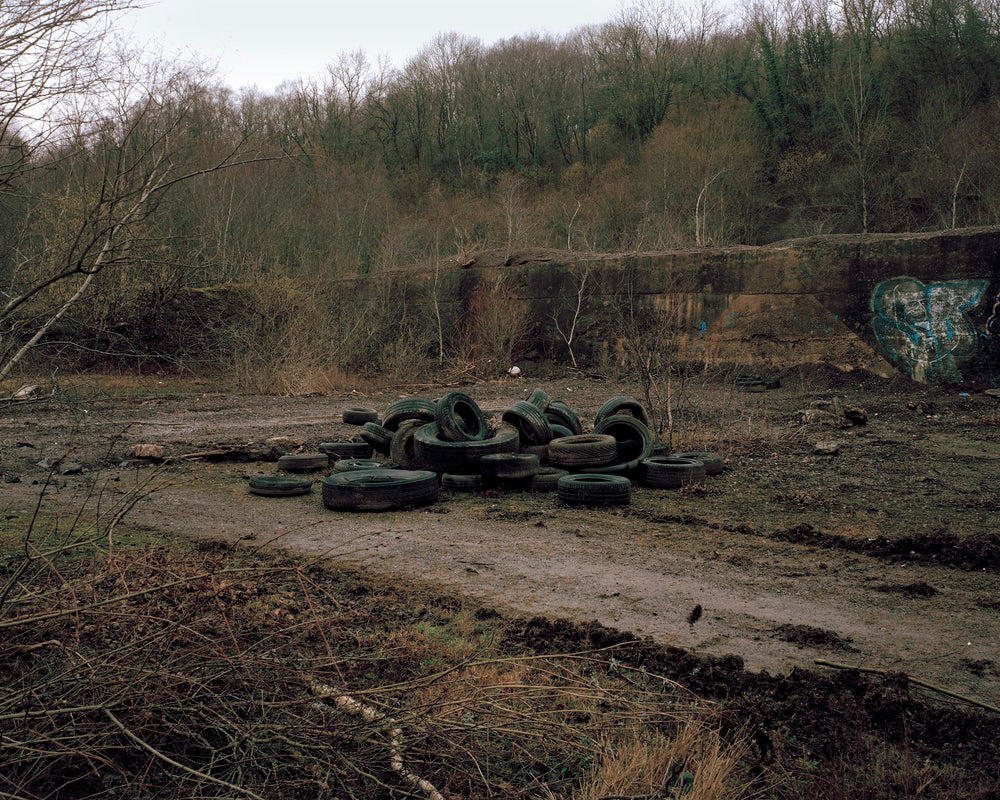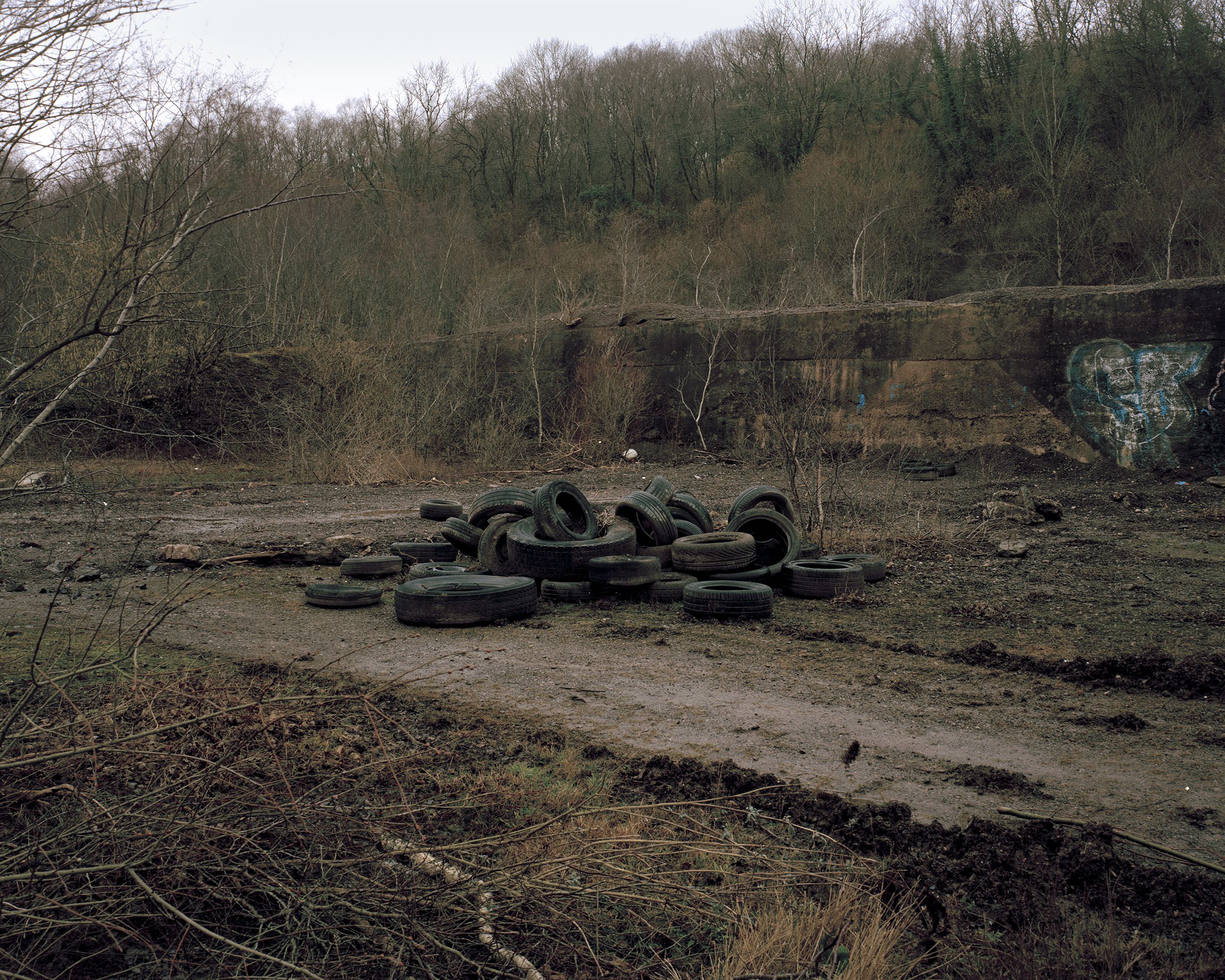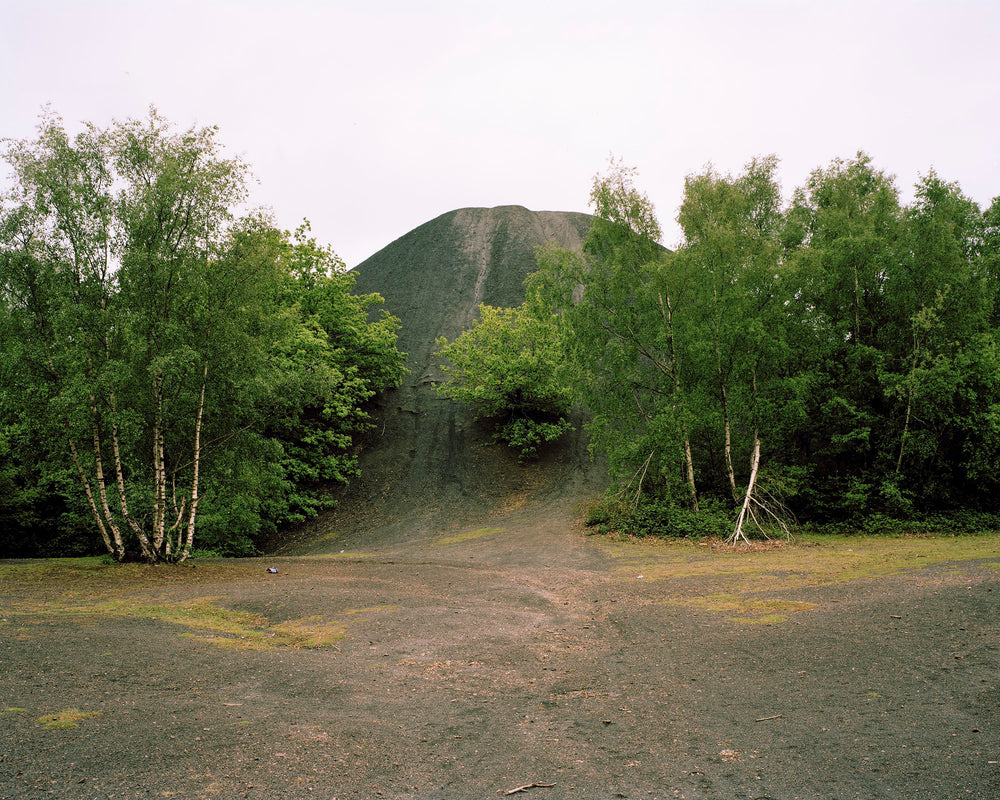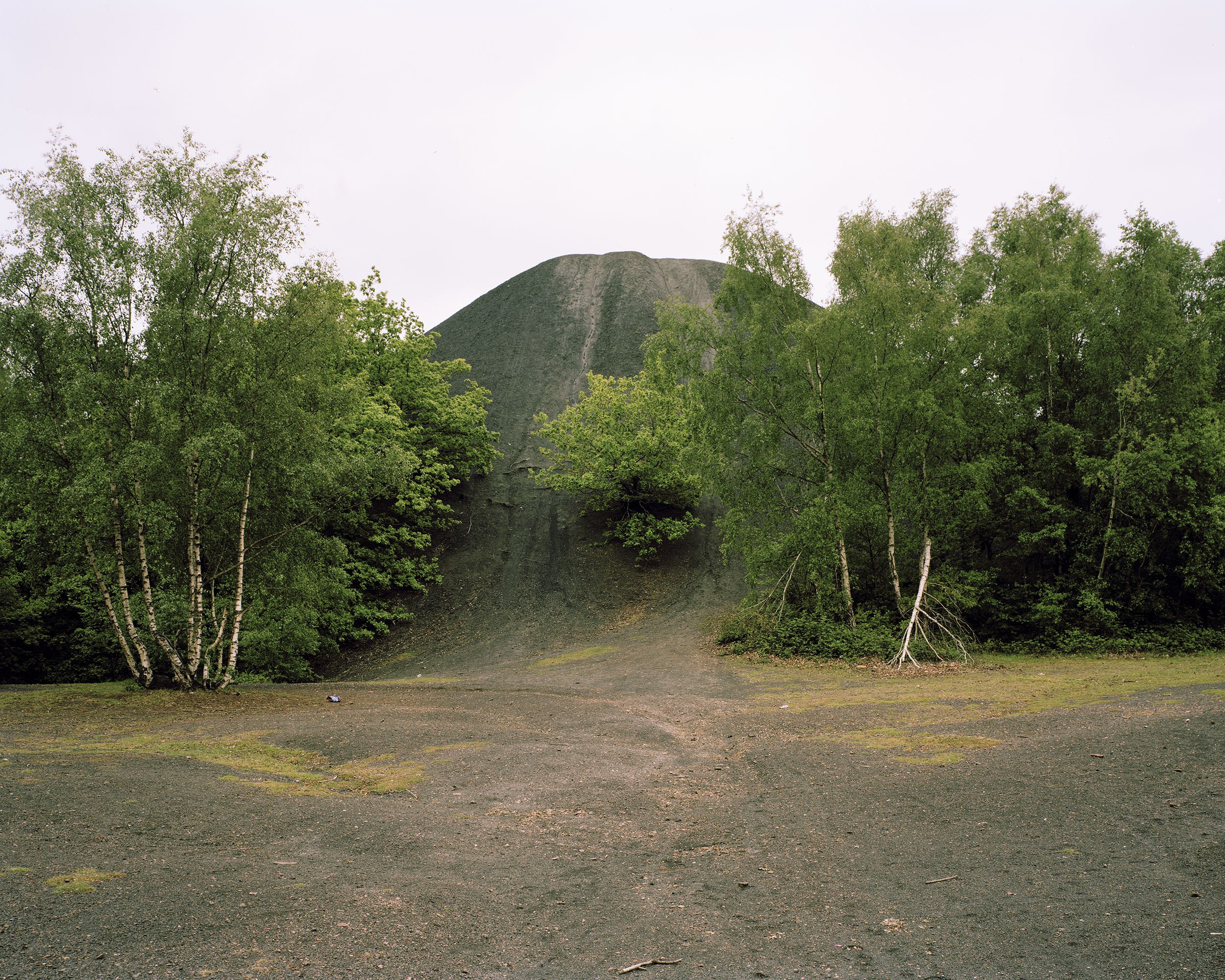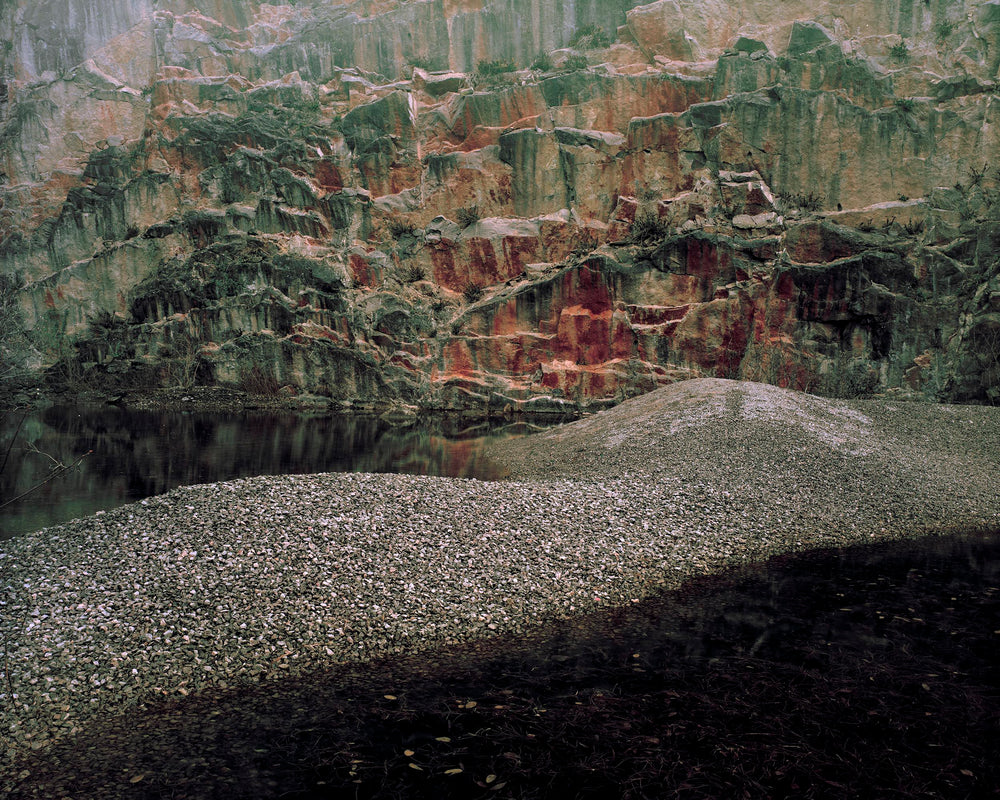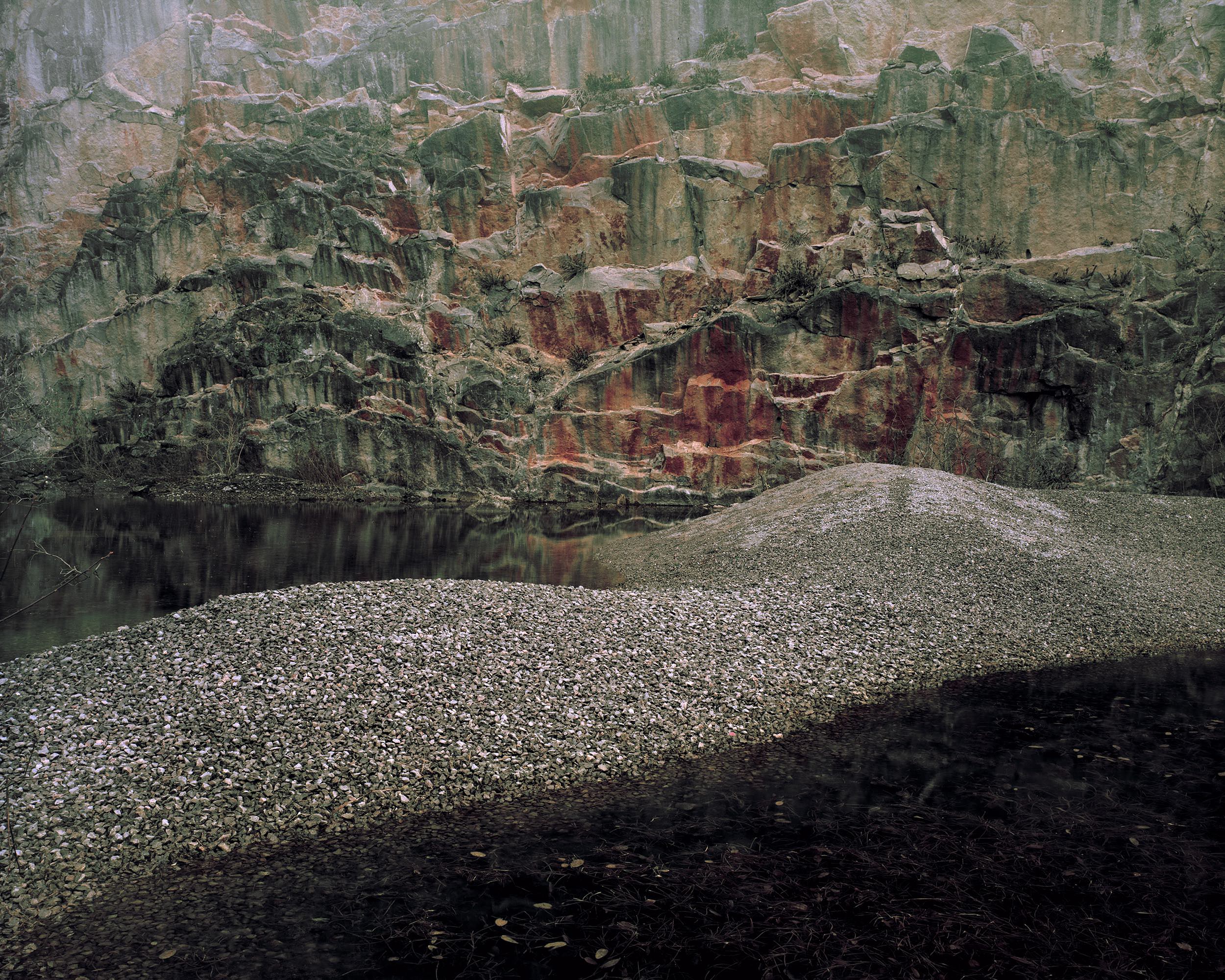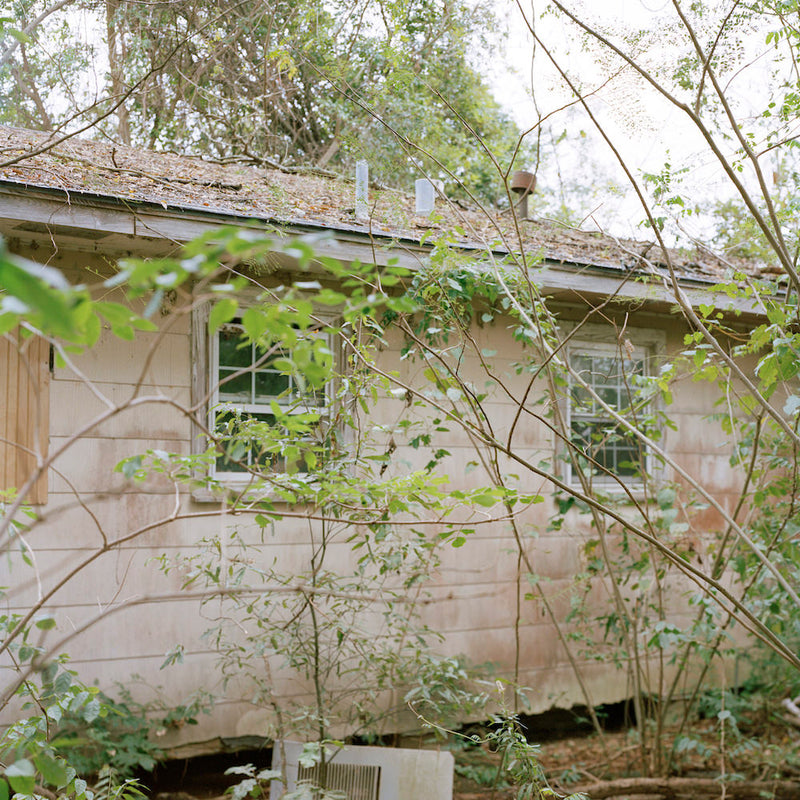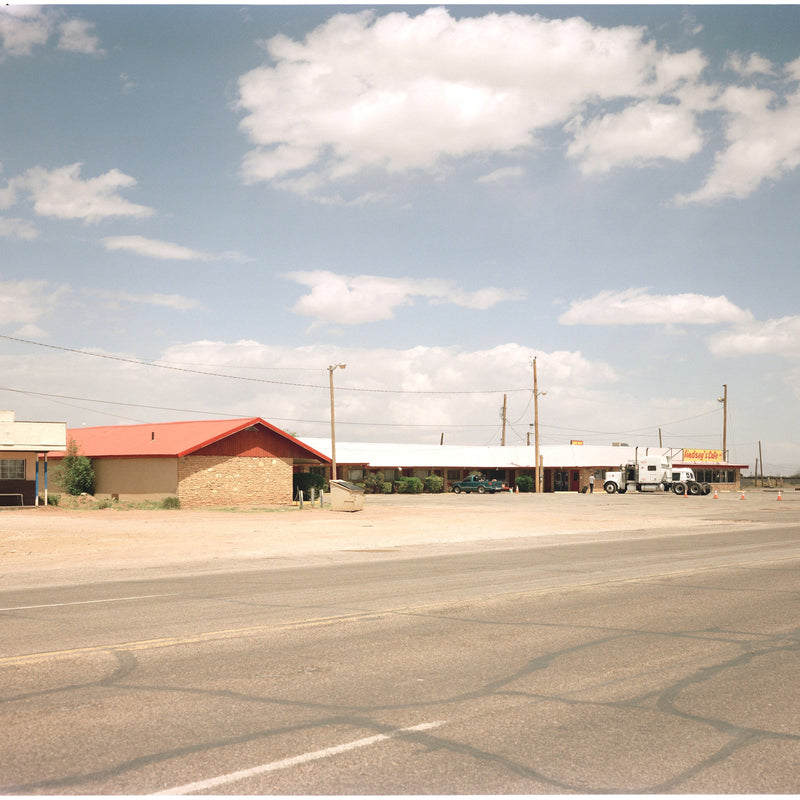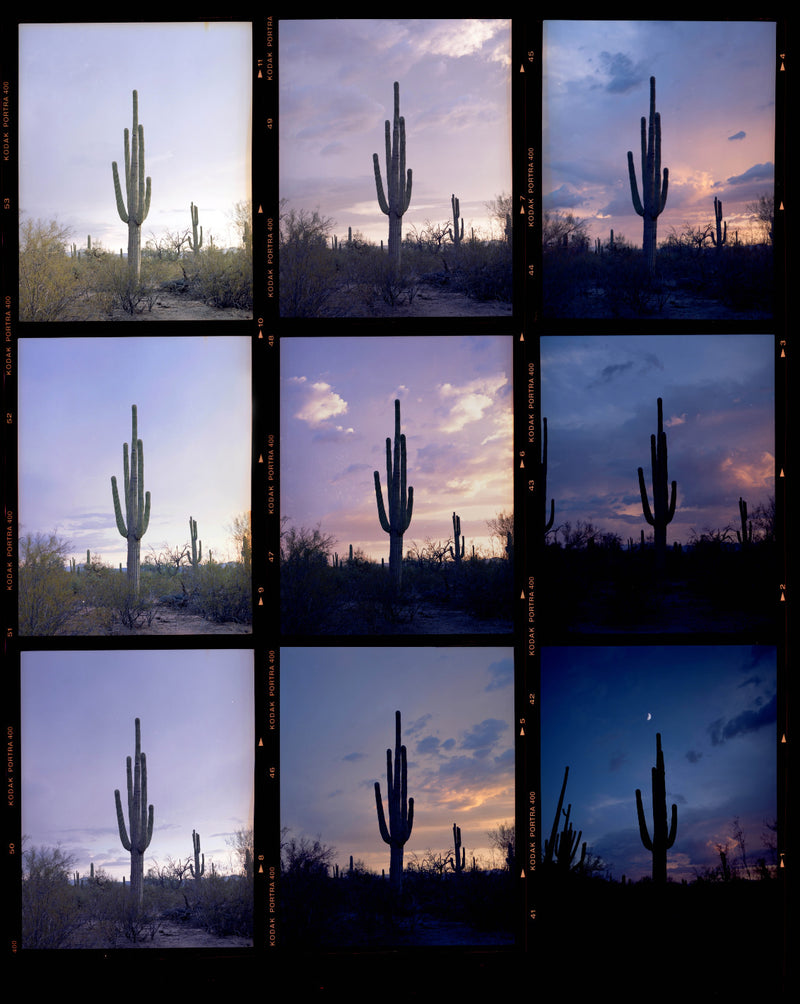James Arthur Allen: Documenting the 'Hard Lands'
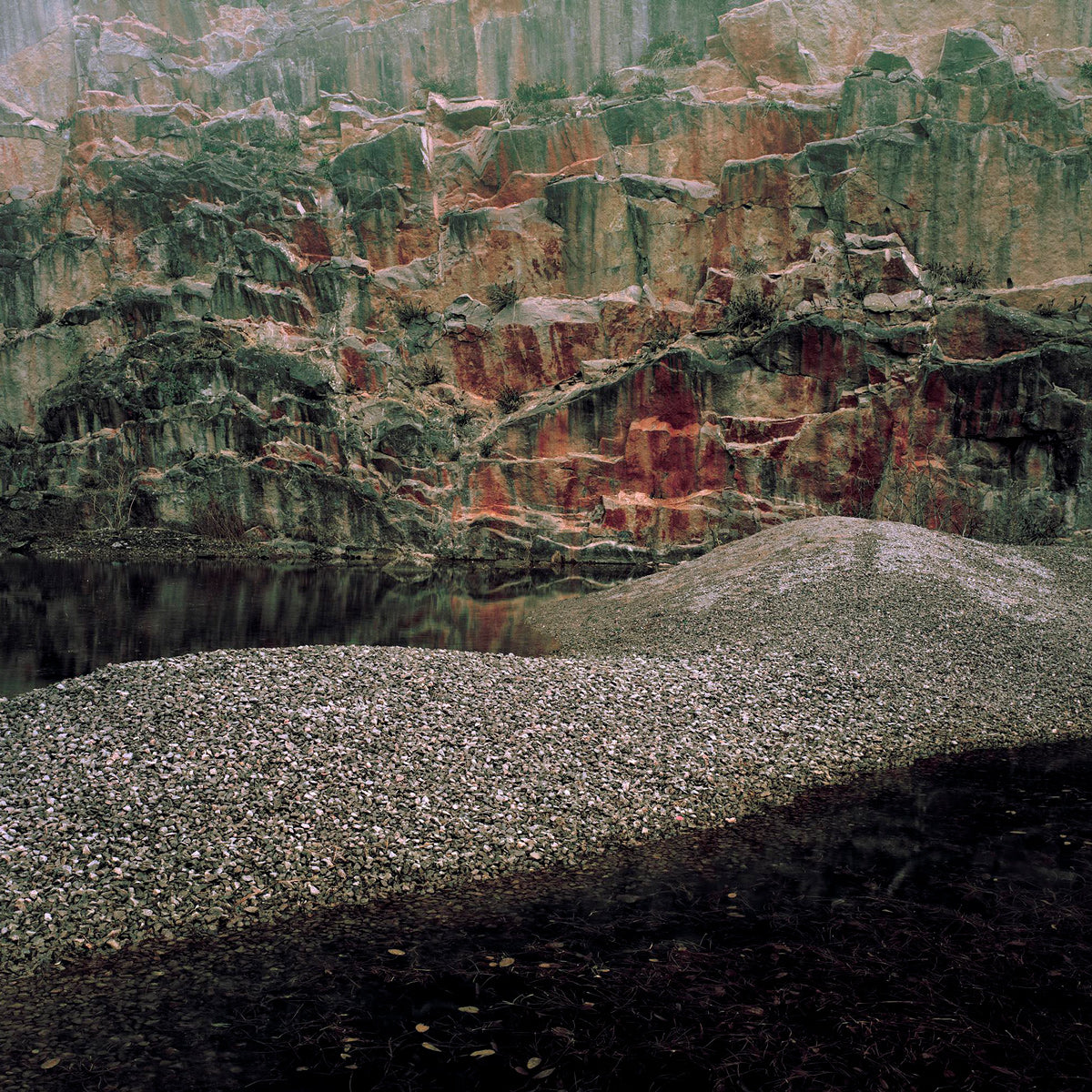
“The best advice I ever received was to just make pictures, they can be good or bad but the moment you stop making pictures you’re irrelevant.”
James Arthur Allen documents what he feels personally intrigued by, or believes needs more exposure. Previous photography projects have seen him overseas chasing themes of conflict and struggle from political control and censorship in Turkey, to ongoing nationalism and social tensions in South Caucasus. Obsessed by the story a series of photographs can tell, James tends to spend weeks planning projects, researching not only locations but the historical and social makeup of a place or community, in order to truly understand the subject. Driven only by a desire to explore and document, rather than success or notoriety.
Now a lecturer of Photography and a father, his workflow is slower these days, more thought out, pragmatic and less governed by the sense of urgency to establish himself in the field. James' latest and ongoing series Hard Lands is based much closer to home, focusing on the industrially scared landscape and communities on his doorstep in North Somerset.
Could you give us some background on your recent and ongoing series Hard Lands? How did it come about and what themes are you exploring within this body of work?
"Hard Lands is a working title and centres around North Somerset. During my MA I decided to explore my immediate surroundings as up to that point I had mainly shot abroad, the truth of the matter is I was terrified about photographing my own community as it seemed so familiar, I was worried I could not see it for what it is. My masters project ‘Sulis' really broke that down, as I started to document the landscape around my home my research led me to some amazing archival images of quarries and mines. During this time, I could find little or no recent photographic projects that had documented the Somerset Coal Fields which are about ten miles down the road from Bath along the Mendip hills. Hard Lands aims to explore the post-industrial landscape of North Somerset and the people that reside there. I’m married into a family from Shepton Mallet which is surrounded by limestone quarries. My father in-law is a quarryman and has been all is life. Having grown up in London before moving to the west country I have always felt to a point like an outsider here and I’ve been intrigued by the culture and communities that are specific to the region, it’s also my way of exploring my children’s roots. A natural place to start was photographing the landscape, the area is scared from centuries of people working and extracting from the land. I’m currently working towards the summer where I have blocked a month to focus on the human element. It’s slow work, I find working on stories at home hugely time-consuming.'
Much of your work has focused on social issues, portraying scenes of conflict, nationalism and struggle. I imagine sometimes these projects present unforeseen issues, how do you approach these projects and get over any hurdles?
"My portfolio mainly consists of projects that are of personal interest to me. For example The Caucasus and its people have been something of an obsession. The biggest hurdle with all of my projects has been getting them off the ground financially, that is the hardest part. With my projects abroad I have had a few weeks to make the work once I’m on the ground; I spend a huge amount of time researching and planning so when I arrive I have a clear schedule. I have also always used local fixers, who are invaluable. My budget is always small so making contact with the right person to help you is critical, this can take time. In Georgia I managed to find two amazing young journalists who really helped me navigate the social and physical landscape. And in Turkey again I made contact with an amazing activist and journalist without whom I would not of been able to make the work. I’ve never had any huge issues, only a few sticky spots that I can remember. I think being clued up on people’s customs and cultures and being polite will get you the pictures you want. I’ve also found when working abroad you’re often as much as a curiosity to your subjects as they are to you. This makes taking pictures and gaining access easier, this is not always the case when working at home. My interests and projects abroad are on hiatus at present as my children are so young. This is a big reason that my recent work is around my home. Being a Dad is just as important to me as photography."
What motivates you to document the people and places that you do? Do you generally feel a personal significance?
"Curiosity I think, that and being obsessed with photography. When I was a student I wanted to be a photojournalist, I was hugely influenced by photographers on agencies such as Magnum, Panos and Noor. It was the story element that I obsessed about. As I explored photography more photojournalism began to feel too fast for me, too fleeting. Not enough thinking and feeling, talking to people or just wandering around a landscape for a day looking for pictures, large format is amazing for this, slow photography is addictive. It’s this escapism that motivates me. It’s hard to make work, it’s hard to find the money, it’s hard to find the time but it’s become part of my identity. The best photography advice I ever received was to just make pictures, they can be good or bad but the moment you stop making pictures you’re irrelevant. I’m drawn to certain people and certain places, I can’t really explain it, I have my niche and that’s me, I love the fact that others have theirs. Seeing other people’s work and the way they see the world is amazing."
Do you think it’s important for photography to be used as a platform to spread awareness of what is happening in the world and to document stories that may otherwise be ignored?
"Totally, photography can be loud or quiet, fine art, documentary, or still life but it must say something. It’s a way to make a point, make sense of the world as you see it and shine a light in dark unexplored places. The value and weight of well-thought-out, researched and conceptualised work is high. I still have my concerns about how we as photographers disseminate our work, it can often feel like we are all shouting at each other, making work for each other. This is where we have to try and share our practice to a wider audience, I’m still trying to figure out how we do that properly otherwise what’s the point?"
Do you think it’s important for photography to be used as a platform to spread awareness of what is happening in the world and to document stories that may otherwise be ignored?
"Totally, photography can be loud or quiet, fine art, documentary, or still life but it must say something. It’s a way to make a point, make sense of the world as you see it and shine a light in dark unexplored places. The value and weight of well thought out, researched and conceptualised work is high. I still have my concerns about how we as photographers disseminate our work, it can often feel like we are all shouting at each other, making work for each other. This is where we have to try and share our practice to a wider audience, I’m still trying to figure out how we do that properly otherwise what’s the point?"
What inspires you to continue making bodies of photographic work? Do you find your motives have changed as your career has developed?
"My motives have changed, I don’t have the same sense of urgency I had in the past where I felt like I had to prove something and that I had to desperately establish myself in photography otherwise I’d be some kind of failure. Looking back at it now it’s not as I had perceived it at all, it’s all smoke and mirrors. I’ve met people on the way who use photography to create a persona and to gain some sort of celebrity, that’s all that matters and in my opinion that’s not it at all. I’ve concluded that by craving validation you stifle your creativity and mind set. It really doesn’t matter, if your work’s half decent, and you’re persistent and nice to people, then that will all come with time.
My old tutor Guy Martin said something in a talk recently that I keep coming back to. He said that in the past as a younger photographer, photography was using him, he wasn’t using photography. That’s the danger, that photography can use you in making you into someone you are not. My motives now are to ensure I engage with my craft in part as I’m now a teacher, I have to be relevant and working for that. I feel like I’m a better photographer now and I’m capable of making strong work but I’m not going to force it. I suppose in the past that pressure to create my break and space was suffocating, but that in hindsight is a dangerous thing."
How much planning goes into curating your projects? Do you start out with a vague idea and build on it as you go or is it intently planned and organised beforehand?
"It depends, if it’s a shoot which is hard to return to then I will always plan ahead but also realise that all that can change when you’re working! My current work is backed up by hours and hours of reading material online, speaking to local historians, and curators, and rummaging around through archives. Although most of my encounters with this project so far are very organic. Vague is a good word, I try and go with the flow and won’t often see a picture immediately. I will be more structured in the summer though as I have a few weeks just to make photos, no work, and the kids are going to be looked after by my family. I will arrange shoots for then. So really it’s a mix of strategies overall. My favourite thing so far with this current work is making landscapes, getting up early with a map, waiting for the sun to rise and making pictures. That is magic."
You now spend some of your time lecturing on BA Photography courses at Bath Spa and Portsmouth Universities. Do you find this has changed the way you think about photography at all, and if so how?
"Yes it has changed the way I think in many ways, it’s a funny thing being confronted by your past self. I graduated in 2012 so I can relate to the pressures the students put on themselves and that is placed on them by everyone else. They teach me to be humble and to always look and try to understand. Working on a BA course means that I have had to engage with such a wide range of practice, this is fantastic as continued dialogue around and within photography really drives you. It’s also great to see that raw passion start to form and how excited students get when they succeed. Teaching keeps you incredibly grounded. I love teaching as much as I love photographing and I’m incredibly lucky to support my practice doing it. We teach large format at both Bath & Portsmouth so this is awesome, I try and enthuse about its benefits, it amazes me watching students slow down and get their head around taking maybe one picture all day."
Do you have any exhibitions, book launches or other upcoming plans that you’d like us to share?
"No not at present, I’ll get around to making a book one day, I’ll know when that is but it’s not quite yet. I’m enjoying being slow."
